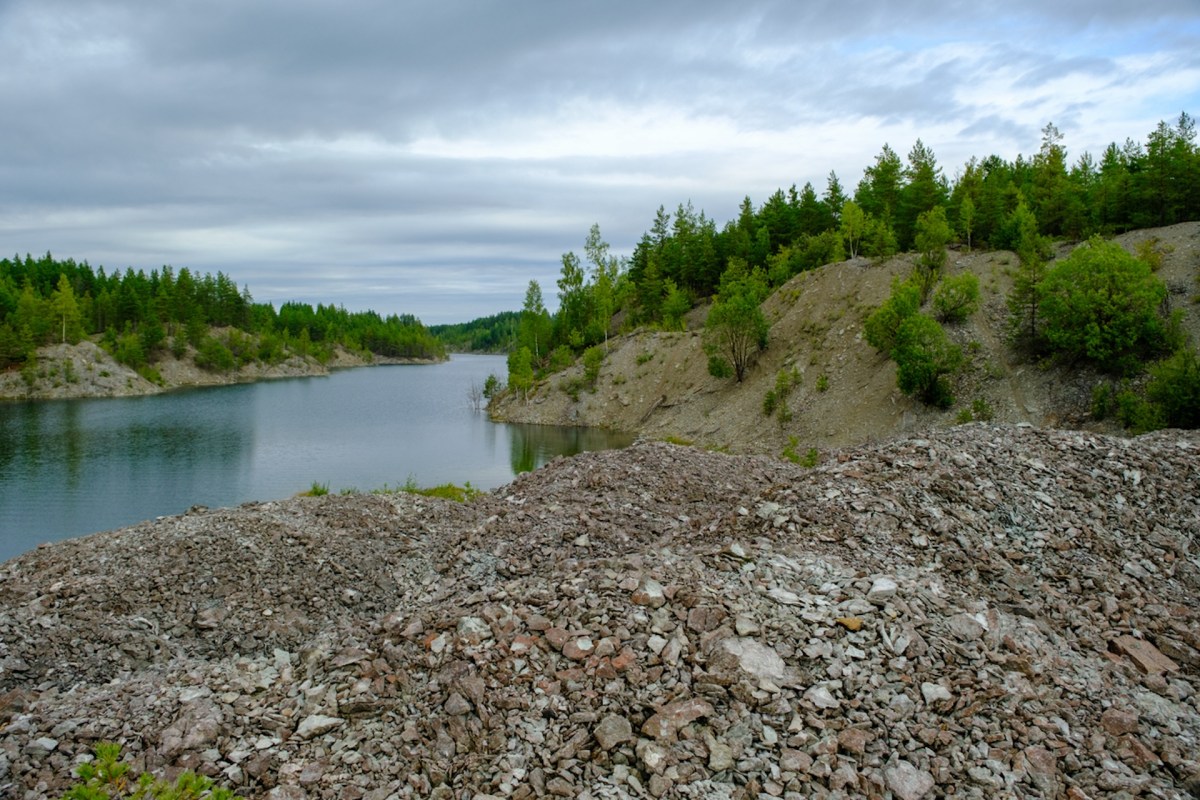Estonian environmentalists recently celebrated a win after the country's supreme court ordered state energy company Enefit to halt construction of a shale oil facility.
Activists like Kertu Birgit Anton, with a branch of the organization Fridays for Future, took the municipality of Narva-Jõesuu to court, alleging that the building permit it granted breached international climate agreements, the Guardian reported.
Ultimately, the court ruled that Narva-Jõesuu had sufficiently assessed the climate impact but not the environmental impact on the Puhatu nature reserve, located on one of Estonia's largest wetlands. The ecosystem provides habitat to a number of rare species and is protected by the EU's birds and habitats directive.
This was the first-of-its-kind ruling in Estonia, according to reporting from the Guardian. While the country has no climate law, it is committed to the EU's target of climate neutrality by 2050, said the news outlet.
"It's remarkable that the first climate court case in Estonia — and in the Baltics — ended in a win," Anton said, according to the Guardian. "Every ton of greenhouse gases that we keep out of the atmosphere is a victory for the wellbeing of society and nature."
It's also part of a growing trend for climate lawsuits across the globe. In June 2023, the U.S. saw its first climate trial after 16 Montana youths alleged that the state encouraged dirty fuel extraction and was violating their right to a "clean and healthy environment."
Likewise, a group of senior women in Switzerland took action against their government for failing to protect them from a warming planet. This followed a record-breaking heat wave in Europe that disproportionately impacted older women. According to a paper in Nature Medicine, of the 61,000 people killed by the extreme temperatures, women older than 80 were overrepresented.
As the planet continues to warm, we can expect more devastating heat waves, mudslides, tropical storms, and wildfires. Some cities, like Los Angeles and Phoenix, are trying to better protect their residents from the heat by implementing "cool pavement," which can lower surface and air temperatures.
The recent Estonian ruling is a win for the environment, as shale oil requires fracking. This is a controversial process that endangers wildlife, pollutes groundwater and surface water, destroys wild land, and uses significant amounts of water, as The Wilderness Society noted.
However, it's not necessarily the end of the line for Enefit's new facility. Municipality representative Alan Tasar said authorities would work on revising the plan to eliminate deficiencies as soon as possible.
"A significant part of our residents are directly or indirectly related to the large companies here," he said, per the Guardian. "Their extinction would spell disaster for the region."
Join our free newsletter for cool news and actionable info that makes it easy to help yourself while helping the planet.









